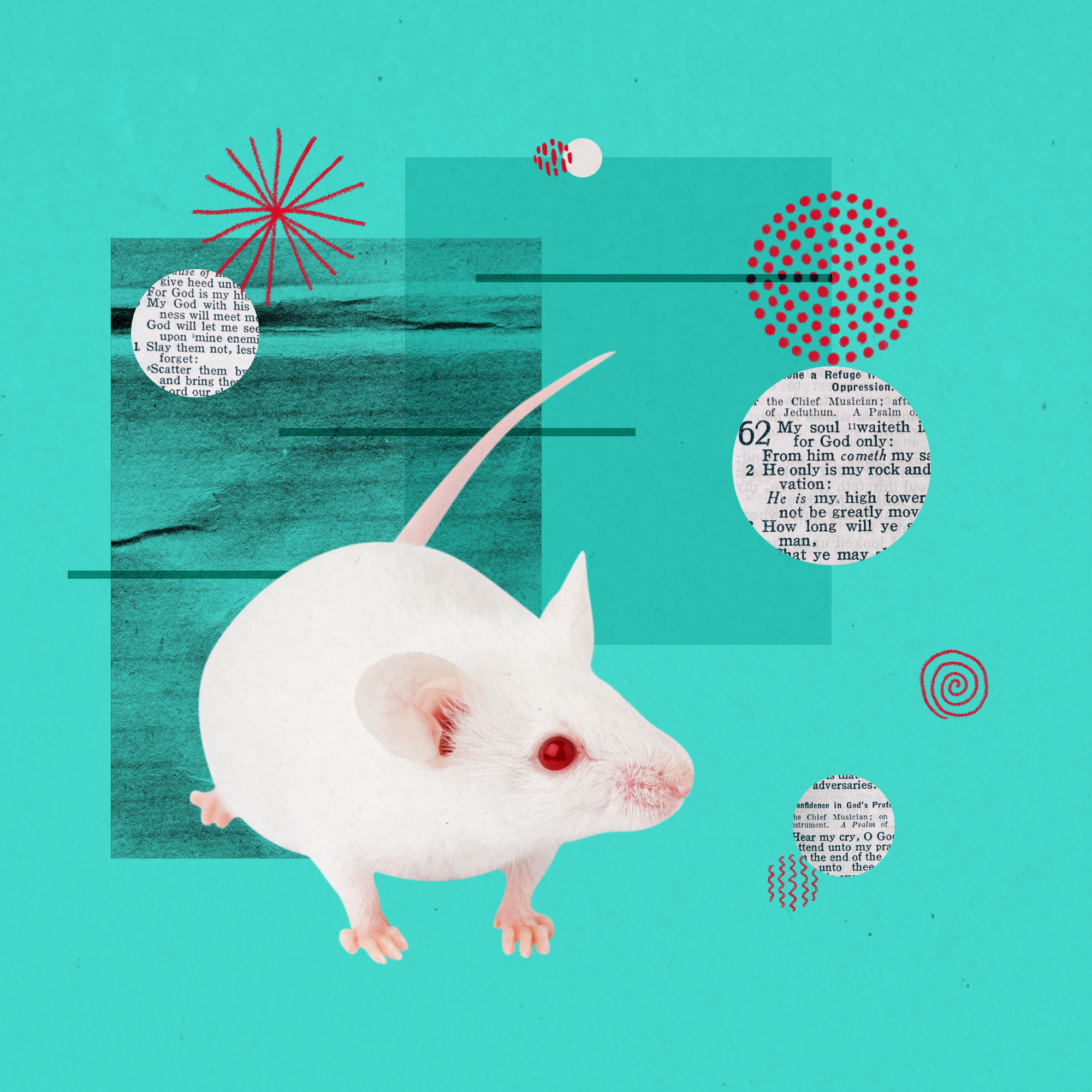
Completed February 2022
TRANSCENDENT
KINGDOM
Science and religion – hardly safe territory in 2020, and from the beginning of the novel Yaa Gyasi juxtaposes these topics beautifully. A narrator whose life has been, at times, dedicated to both presents the perfect catalyst for internal conflict, simmering behind the surface of every word. This pendulum swings back and forth throughout the novel, never settling on one side. And Transcendent Kingdom is all the better for it – a balanced exploration which is brutally candid in its resistance of any firm conclusion.
This book is essentially a reflection. There is movement in the plot, true, but it is gradual, and the majority of narration is focused on the past. The present is a long, drawn out moment, a stream of consciousness with only a few weeks' progression in real time. This could be frustrating at times as I found myself searching for a narrative to dive into, but by the end I understood its purpose. All this background wasn't just necessary to set the scene for the story – it was the story, the experience of Gifty's struggle with grief that shaped the focus of her life.
In this way, I felt myself becoming step by step closer towards her, as if descending layer by layer into her internal world. By spending so long with her thoughts, she became actualised, realised, tangible. Her opinions didn't always mirror my own but this only deepened my understanding of her perspective. In particular I enjoyed how imperfect she is, how irrational she can be yet simultaneously clinging to logic as if it could save her. I could imagine Gifty as a friend, which only made her relationships with others all the more difficult to stomach.
As we journey through her memories, we learn about the most significant relationships that intersperse Gifty's adulthood. The circumstances and qualities vary, but there was one aspect I felt they had in common – their lack of depth. Each connection seemed to be built from brief anecdotes which didn't go far to demonstrate the chemistry experienced between them.
Katherine was the perfect example of this, someone clearly dedicated to her friendship with Gifty and yet every interaction between them felt quite superficial. At times Gifty even seemed to resent her presence, only coming back towards her near the end of the book, for a favour in a time of desperation. Katherine's response to this was quite pained, clearly so hopeful that this was a sign of a greater connection to come, but as a from a reader's perspective this seemed unlikely.
Worse still was her interactions with Han, which I just found awkward. We've all be in the situation where we allowed ourselves to be made uncomfortable in order to avoid inconveniencing a coworker, but to believe they had a future together after such a painfully jarring start was quite a stretch.
There was some brief respite in this pattern with Anne. Although this relationship didn't have the smoothest origin either, there was at least a spark of interest present – their friction was energising and generative, and as a reader I could understand why they were drawn together. Their interactions transcended the mundanity of life as normal, constantly challenging each other and growing because of it. This did make it all the more exasperating to hear how they parted ways, but this at least felt true to Gifty's character.
On reflection though, perhaps there is an inevitability in her relationships being strained. It becomes clear very quickly that at an early age the universe has betrayed her in the most massive of ways – removing the great source of light in her life which was her brother. Taken so young, it's unsurprising that Gifty lashed out against the world for its cruelty. Nor is it a shock that she refrains from closeness with her peers, having experienced firsthand that youth and health are not guarantees of a future.
Her brother felt omnipresent, her mind circling back to him over and over. In her most vulnerable moments, Gifty even speaks to him, as if he walked beside her in the way she always believed God would. This acutely tender habit is what best demonstrates her connection to spirituality. Organised religion does have a significant impact on her early life in particular, but it is these most private, intimate moments that lay bare her most deeply held belief that he is still with her.
“The truth is we don’t know what we don’t know. We don’t even know the questions we need to ask in order to find out, but when we learn one tiny little thing, a dim light comes on in a dark hallway, and suddenly a new question appears.”